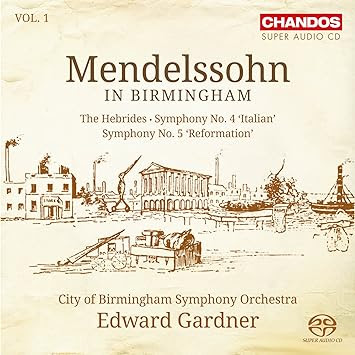 |
| Charles Wesley |
Merry Christmas! I just thought it would be nice to have a reminder of the importance of Christ's birth, so I thought I'd let Charles Wesley give us a good theology lesson that you can sing to.
Note - my favorite hymn lyrist is Charles Wesley. The music was written by Felix Mendelssohn (my favorite classical composer), who was born over twenty years after Wesley's death. Of course, most of you know this already. By the way, most hymnals only have the first three of five verses; we did have one hymnal where it combined the first half of the fourth verse and the first half of the fifth, which is the version I'm sharing.
So here's today's blog:
Hark! The herald angels sing,
Glory to the newborn King;
Peace on earth, and mercy mild,
God and sinners reconciled!
Joyful, all ye nations rise,
Join the triumph of the skies;
With th’angelic host proclaim,
Christ is born in Bethlehem!
Hark! the herald angels sing,
Glory to the newborn King!
Christ, by highest Heav’n adored;
Christ the everlasting Lord;
Late in time, behold Him come,
Offspring of a virgin’s womb.
Veiled in flesh the Godhead see;
Hail th’incarnate Deity,
Pleased with us in flesh to dwell,
Jesus our Emmanuel.
Hark! the herald angels sing,
Glory to the newborn King!
Hail the heav’n born Prince of Peace!
Hail the Sun of Righteousness!
Light and life to all He brings,
Ris’n with healing in His wings.
Mild He lays His glory by,
Born that man no more may die.
Born to raise the sons of earth,
Born to give them second birth.
Hark! the herald angels sing,
Glory to the newborn King!
Come, desire of nations, come,
Fix in us Thy humble home;
Rise, the woman’s conquering Seed,
Bruise in us the serpent’s head.
Adam’s likeness now efface,
Stamp Thine image in its place:
Second Adam from above,
Reinstate us in Thy love.
Hark! the herald angels sing,
Glory to the newborn King!


.jpg)

